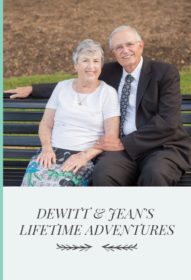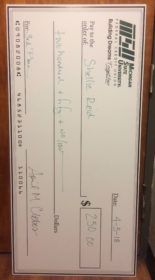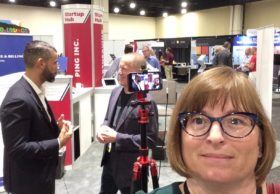The Video Per Day Experiment was started by Twyla Verhelst. A friend on Twitter posted her first video and I was intrigued. A successful attorney was opening up, being vulnerable, and admitting to imperfection. And imperfection is something that I can relate to!
I will let Twyla explain the concept through this video:
Over the next month, I will be joining the challenge by posting the videos on Twitter (@edgeofempty) and then here on the blog the following day. Would love to hear your thoughts or even have you join in!




